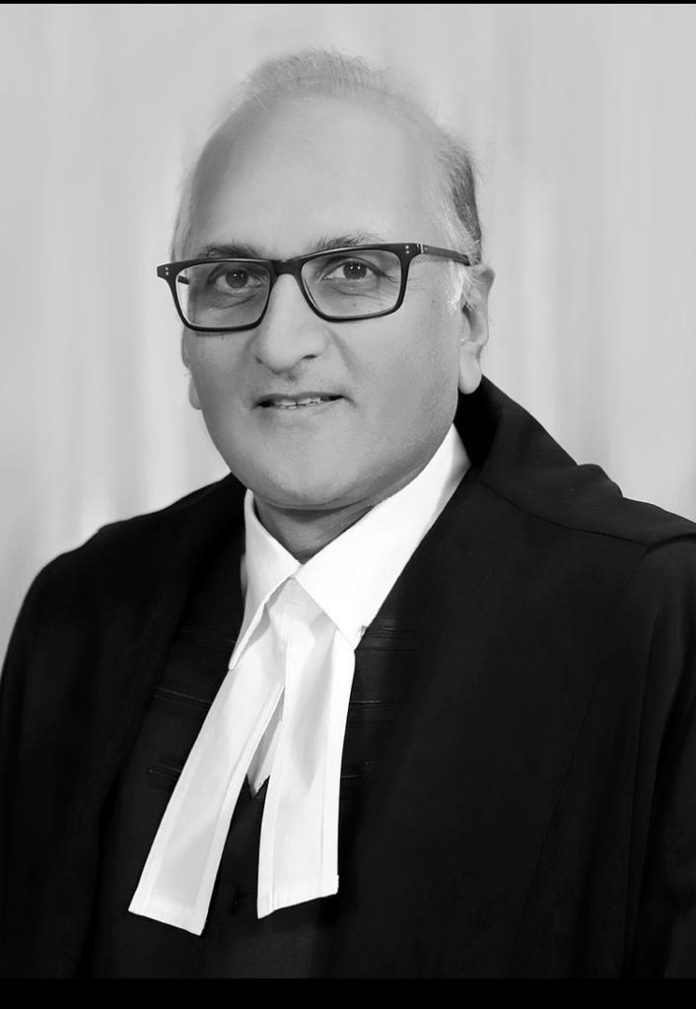Supreme Court Judge, Justice S. Ravindra Bhat on Saturday said that while it was important to secure punishment for the perpetrator, focus should also be laid on restorative justice in the form of child’s rehabilitation and healing.
Speaking during the two-day National Consultation on the Protection of Children from Sexual Offences (POCSO) Act, 2012, Justice Bhat, who is also the Chairperson of the Supreme Court Juvenile Justice Committee, said that strengthening of the POCSO Act and its implementation was a significant responsibility for all stakeholders.
He lamented that in such cases, focus was laid more on effective prosecution and conviction of the perpetrator, leading to the child bearing the brunt of a betrayed trust, an innocence lost, mind in strife and a stolen life.
Justice Bhat laid stress on adopting a child-centric and rights-based approach, while dealing with POCSO cases.
He stressed on the need to review the adapting of special rigours by different stakeholders and facilitating the wide protection that this legislation afforded to children.
He said the Juvenile Justice Committee was a platform, which was bringing together various stakeholders towards a unified approach on issues concerning the protection of children in conflict with law and those needing care and protection and to further the children’s rights, keeping interest of the child at the core.
As per Justice Bhat, enlisting of good practices, which were capable of replication and as cautionary lessons to learn from, it was important to have multi-level collaboration across institutions and stakeholders and nuanced engagement with both their positive and negative experiences.
He said the National Consultation has been preceded by each states’ Juvenile Justice Commission’s context-based review of various facets of the implementation of law at regional level of states.
Justice Bhat said that consultation offered a chance to ‘share’ notes and learn from other victims, who were facing similar challenges across the states.
He advocated for bridging the gaps between the protection offered by the Act and its implementation by the stakeholders of Juvenile Justice System.
He said the stakeholders of JJS included people, police, probation officers, juvenile justice boards, child welfare committees, state governments, child care institutions, District Magistrates, NGOs, Advocates.
Justice Bhat further said that people, who were the foot soldiers, translating the protection of a juvenile justice system and the POCSO ecosystem, were important stakeholders of JJS.


